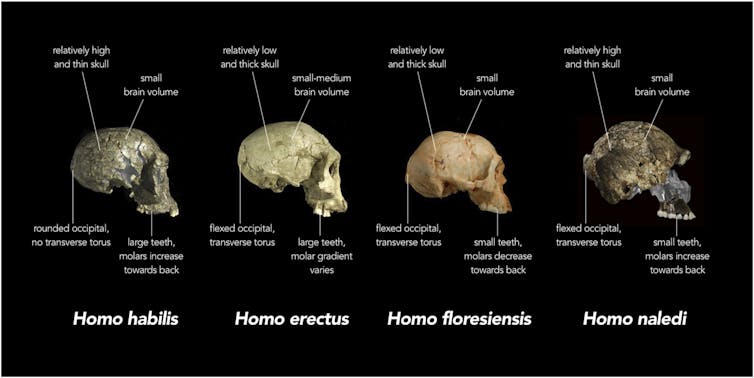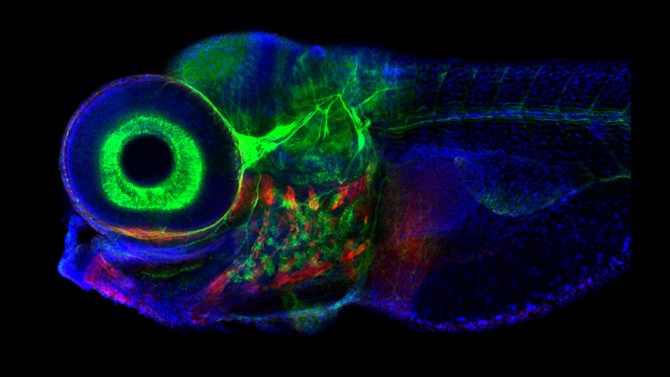A report just published by The Cairns Institute at James Cook University explores the impact of low levels of digital inclusion for people in rural and remote parts of Far North Queensland.
The report, Connectivity and digital inclusion in Far North Queensland’s agricultural communities, focusses on beef producers in the Northern Gulf region.
“While telecommunications and internet connectivity is becoming more ubiquitous and reliable in urban areas, many rural and remote Australians are being left behind,” lead researcher Dr Amber Marshall said. “Digital infrastructure can be unreliable, particularly in remote areas. Compared to urban consumers, people are often paying more for less, and there are often fewer opportunities to develop the digital skills and knowledge that are essential for life and work.”
This study focussed on digital inclusion – a measure of factors including access, affordability and digital ability – in Northern Gulf agricultural families and communities. It builds on the findings from the Australian Digital Inclusion Index, which identified North West Queensland as one of the country’s least included regions.
The researchers found that families and businesses responded to digital scarcity and unreliability in innovative ways. “Because of network congestion, farmers might wait until after midnight to process their payroll, and households often subscribe to a number of providers, on multiple devices, hoping that at least one might work when needed,” Dr Marshall said.
“Many parents, particularly those on satellite services, need to carefully budget the family’s data, allocating certain amounts to the business, children’s education, and social contact. And sometimes there is simply not enough to go around.
“This is a long way from the ideal digital scenario, in which remote farmers would be using digital technology with ease, to recruit staff, monitor and manage their property, keep in touch with industry, educate their children, access government services, and connect with family, friends and community.”
The report delivers seven recommendations for policy and program development by federal, state and local governments, in partnership with community and industry organisations.
“Our first six recommendations address specific gaps in existing policy, but our final recommendation suggests a set of principles for more holistic and inclusive digital inclusion policy and programs in rural and remote areas, ” Dr Marshall said.
Allan Dale, Professor of Tropical Regional Development at James Cook University said successful development in northern Australia will rely on stronger connectivity infrastructure and digitally-savvy communities, businesses and individuals. “Achieving this will mean new thinking about how we collectively govern, plan and deliver to achieve these outcomes,” he said.
This research was funded by the Australian Communications Consumer Action Network, and carried out in partnership with Northern Gulf Resource Management Group. Dr Marshall, who is an Adjunct Research Fellow at JCU and a Research Fellow at QUT, attended events across the Northern Gulf region, conducted interviews and focus groups, and completed detailed case studies of three cattle properties.
The report, Connectivity and digital inclusion in Far North Queensland’s agricultural communities, will be launched in Cairns today by Craig Crawford, the Member for Barron River.
The launch is part of a Northern Australia Digital Connectivity Forum funded by the Collaborative Research Centre for Northern Australia (CRCNA). This forum will host the region’s key stakeholders from health, social service, Indigenous and agricultural sectors to discuss and imagine ways to improve infrastructure, policy programs and outcomes for digital inclusion across northern Australia.








